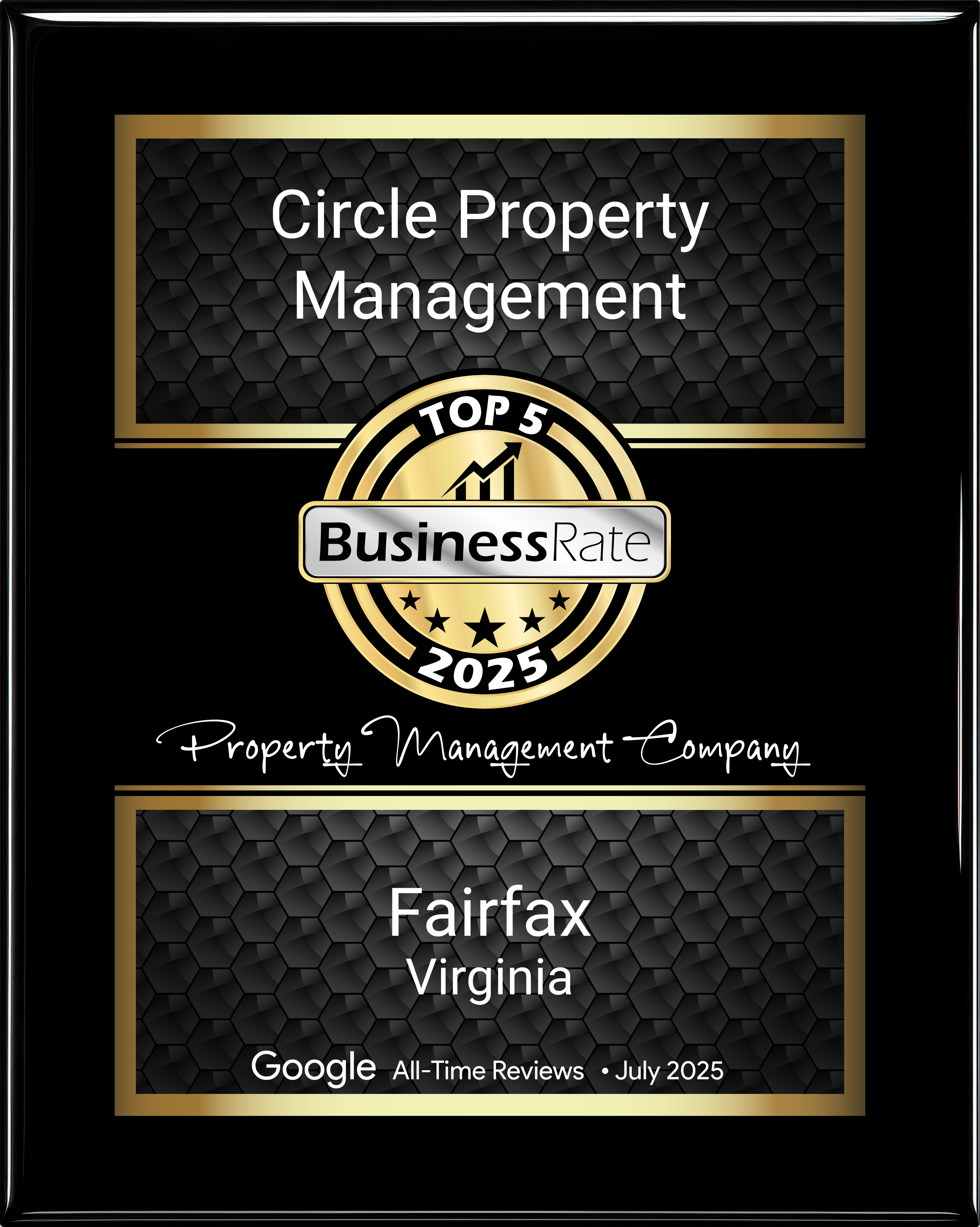
As a property owner in Virginia, understanding security deposit laws is crucial. These laws are designed to protect both parties involved in a lease agreement, ensuring that tenants maintain the rented property and landlords have financial resources to repair the property if needed.
What do property owners need to know about security deposit regulations in Virginia? Here are a few important details you shouldn’t miss when you’re a landlord.
Security Deposit Limits
Virginia law has clear limits on the amount landlords can charge for a security deposit. Specifically, the security deposit cannot exceed two months’ rent. So, if your investment property nets $2,000 in rent a month, the maximum security deposit amount would be $4,000 total.
Notification and Documentation
Landlords should provide tenants with a written acknowledgment stating the amount of the deposit and give them a receipt. Although not required by law, this documentation serves as protection against any disputes that may arise regarding the amount of the deposit. It’s also recommended to maintain records of any communications and agreements related to the deposit throughout the lease term.
Escrow Account Requirements
Virginia law requires that landlords hold security deposits and pet deposits in a separate account from their personal or business banking accounts. This account must be clearly labeled as an "Escrow" account and can be either a checking or savings account at a financial institution.
This requirement ensures that tenant deposits are properly separated and protected from a landlord’s personal funds. Property owners should establish this escrow account before collecting any security or pet deposits from tenants. Failure to maintain deposits in the required separate escrow account could result in legal penalties and complications during deposit return processes.
Deductions and Return Protocol
When the lease ends, landlords in Virginia must carefully manage the process of returning the security deposit. Deductions can only be made for specific reasons:
Unpaid rent or associated charges
Cost of repairs for damages beyond normal wear and tear
Fees specified in the rental agreement, such as cleaning, if not performed by the tenant
Virginia landlords have 45 days from the end of the lease to return the deposit, along with an itemized list of any deductions. This timeline ensures that tenants receive their funds in a timely manner while allowing landlords ample opportunity for necessary inspections and calculations.
Legal Recourse and Penalties
Failure to comply with Virginia’s security deposit laws can result in serious legal consequences for property owners. If a landlord wrongfully withholds part or all of a security deposit, tenants have the right to pursue recovery through the court system.
Moreover, if found guilty of wrongfully retaining the deposit, a landlord may be liable for damages that could include double the amount of the deposit, court costs, and attorney fees. Ensuring compliance with these laws not only protects property owners from legal issues but also helps build a reputation for fair and responsible management.
Best Practices for Property Owners
To successfully manage security deposits and maintain a positive relationship with tenants, property owners should:
Stay informed about updates and changes to Virginia state law regarding security deposits
Use clear and concise lease agreements that outline security deposit terms and conditions
Conduct thorough move-in and move-out inspections with photographic documentation to record the property’s condition
Be transparent with tenants about any deductions and provide detailed reports as required by law
Protect Your Virginia Investment Property With Circle Property Management
Protecting your investment and maintaining legal compliance can be challenging without the right guidance. At Circle Property Management, we specialize in helping property owners in Virginia navigate the complexities of rental laws. Contact us today at (703) 349-0144 to learn how we can help you manage your Virginia properties for a stress-free investment.
About The Author
 Patrick H. Page - Principal Broker | Licensed in Virginia and the District of Columbia
Patrick H. Page - Principal Broker | Licensed in Virginia and the District of Columbia

















